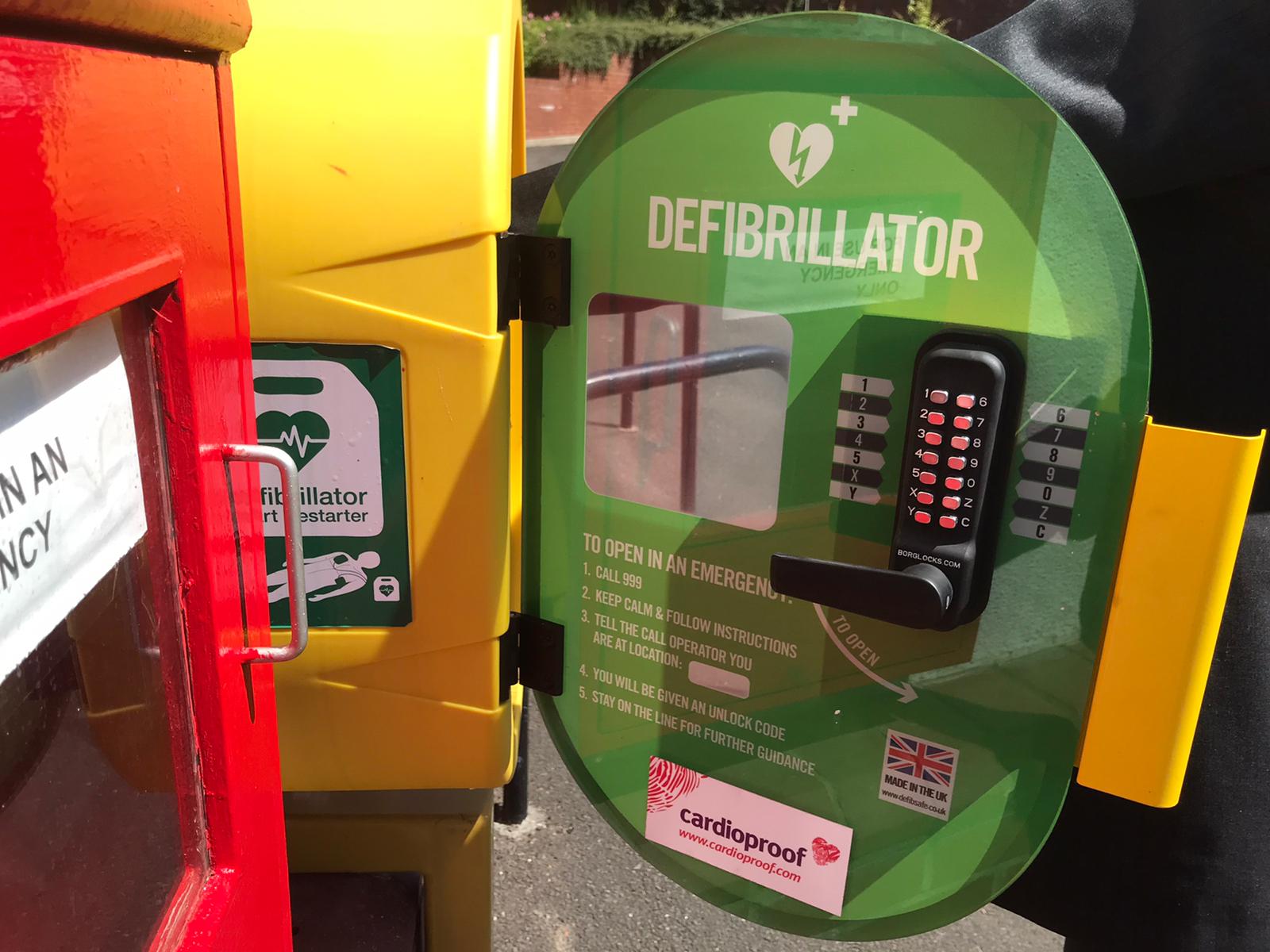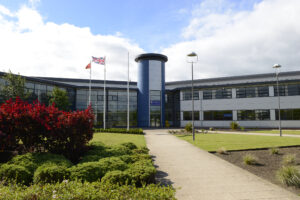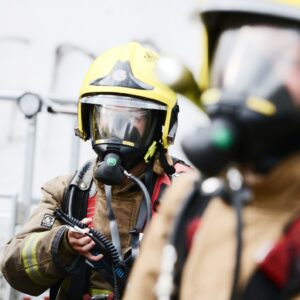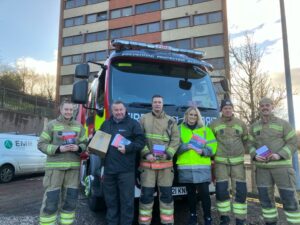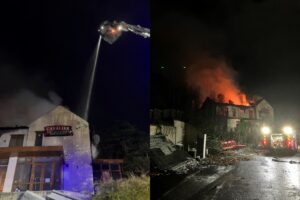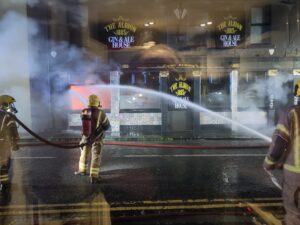news
Earlier this month, the world sat up and took notice after the devastating scenes of Danish international footballer Christian Eriksen receiving lifesaving on pitch treatment for a cardiac arrest during a match against Finland at Euro 2020.
The quick thinking actions of his fellow teammates and the experienced trained medics meant that the Inter Milan superstar survived his distressing ordeal. Along with the medical teams it was also the equipment used during the incident that helped to save the footballer’s life. During the resuscitation process Christian Eriksen received treatment with a defibrillator that ultimately restarted his heart.
With this incident being fresh in people’s minds Tyne and Wear Fire and Rescue Service wanted to bring to the public’s attention that all 17 community fire stations across Tyne and Wear have public access lifesaving defibrillators that people can use if required during an emergency situation.
Here is a full list of all Tyne and Wear Fire and Rescue Service Community Fire Stations, which house defibrillator equipment.
Birtley, Byker, Chopwell, Farringdon, Gateshead, Gosforth, Hebburn, Marley Park, Newcastle Central, Rainton Bridge, South Shields, Sunderland Central, Swalwell, Tynemouth, Wallsend, Washington, and West Denton.
(The addresses for each Fire Station can be found in the ‘Your Area’ section of our website www.twfire.gov.uk)
The Tyne and Wear defibrillator scheme has been two and a half years in the making with Dr. Michael Norton of North East-based not-for-profit organisation, Cardioproof initially contacting Chief Fire Officer Chris Lowther via Twitter asking if Tyne and Wear Fire and Rescue Service (TWFRS) would consider setting up a pilot scheme.
This saw five stations trialling the equipment, which has now been extended to all 17 community fire stations.
In moving forward, TWFRS have bought the defibrillator equipment and Cardioproof have provided the distinctive green cabinets.
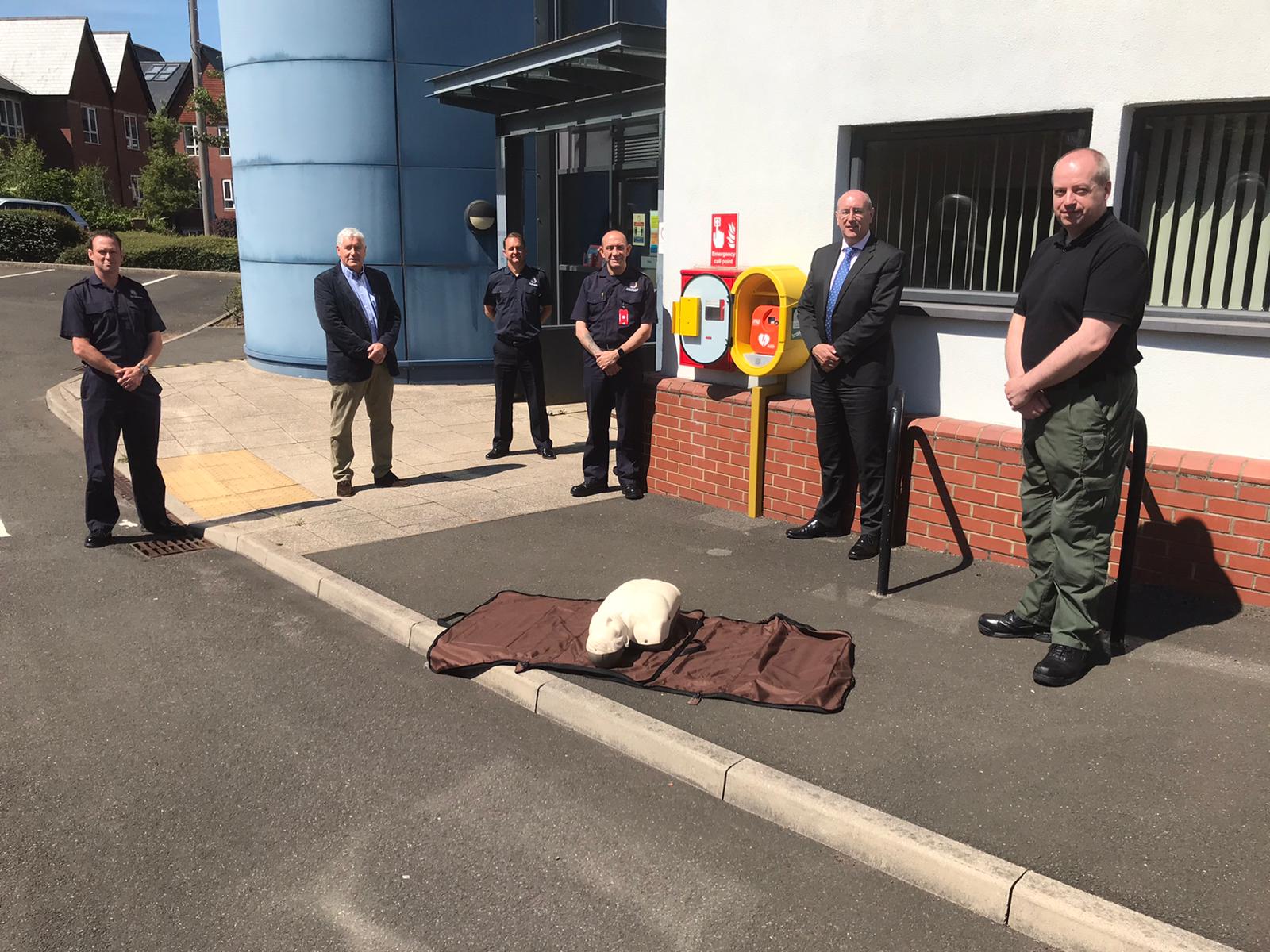
Deputy Chief Fire Officer Peter Heath of Tyne and Wear Fire and Rescue Service, said: “This is a marvellous scheme for the people of Tyne and Wear that will provide essential peace of mind for residents, safe in the knowledge that these amazing pieces of lifesaving equipment are available in case of an emergency.
“The beauty of these defibrillators is that anyone can use them with limited knowledge of the equipment. Their basic design, visual prompts and easy to follow instructions should make them accessible to members of the public when they need them in an emergency situation.
“We would always urge people to call 999 if they are concerned about somebody’s immediate health. But these defibrillators are of course a wonderful potential lifesaving community asset for people to use.
“The benefits of working in partnership with a volunteer organisation like Cardioproof has been having access to their expertise in the field of cardiac arrest, which means the defibrillators being provided for the scheme meet the immediate needs of the public.”
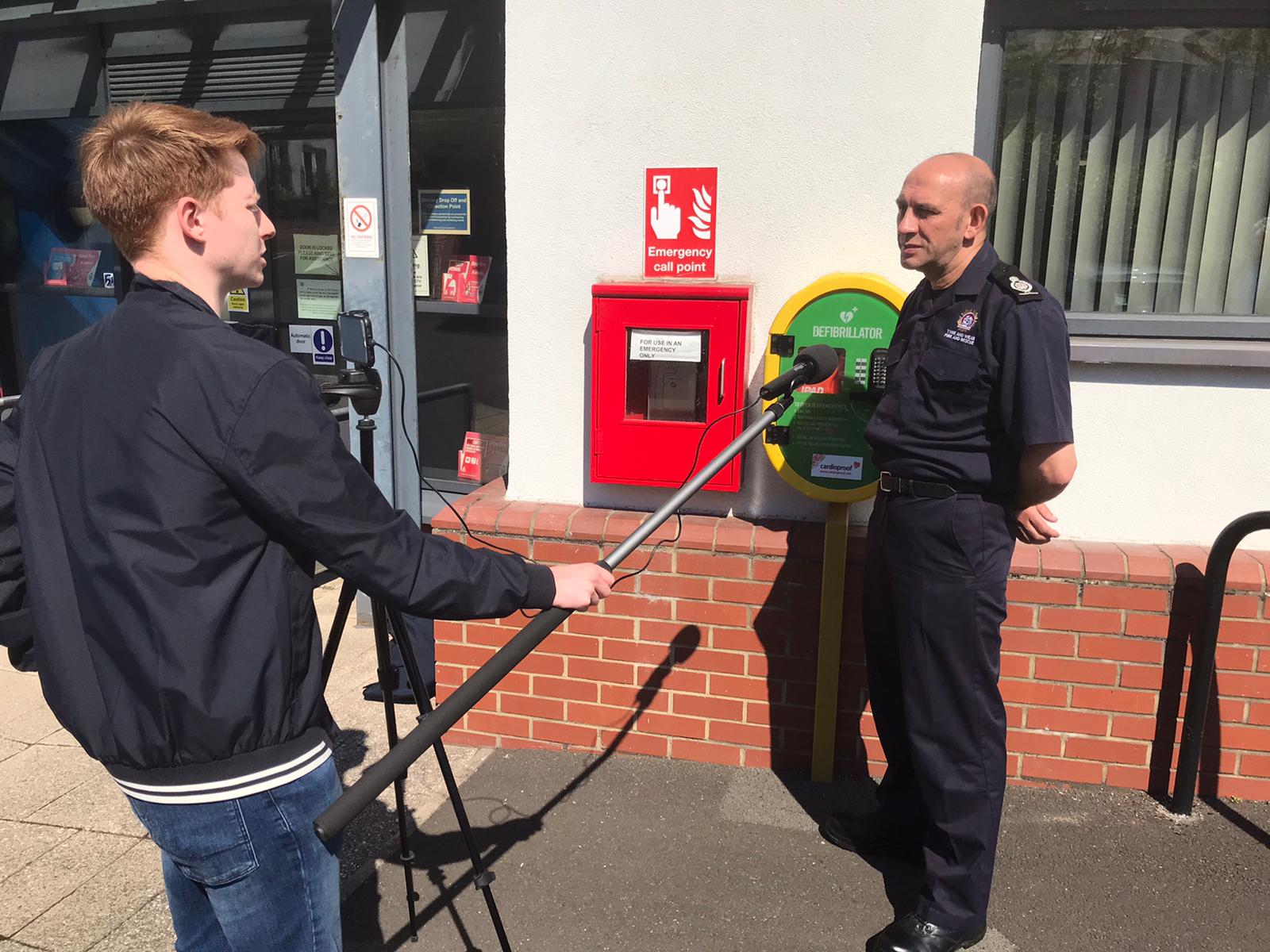
Dr. Michael Norton of Cardioproof, said: “As a cardiologist and pre-hospital doctor, I have unfortunately seen far too many people die from sudden cardiac arrest.”
“I have also had family members and friends die suddenly and I have witnessed the effect that this has had on husbands, wives, sons and daughters.
“In the North East, we are lucky to have one of the best ambulance services in the country in terms of response to cardiac arrest but it is vital to start CPR and use a defibrillator act in the minutes before the first ambulance arrives. This is why Ian Humpish and I founded Cardioproof. We are just two local volunteers using our free time to raise awareness and increase defibrillator numbers but with partners like TWFRS, we are confident that we can make a real impact”
“With TWFRS fire stations being in the heart of the community situated close to our homes, they are the perfect location for defibrillators.”
Dr Norton underlines that patients survival rates from cardiac arrest in the United Kingdom falls short of places like Seattle, Stockholm, Stavanger, Amsterdam and Copenhagen where CPR (Cardio Pulmonary Resuscitation) and defibrillators are more widely used prior to the arrival of an ambulance.
He adds: “I want to see our survival rates significantly increase and for this to happen we need much wider availability to defibrillators.”
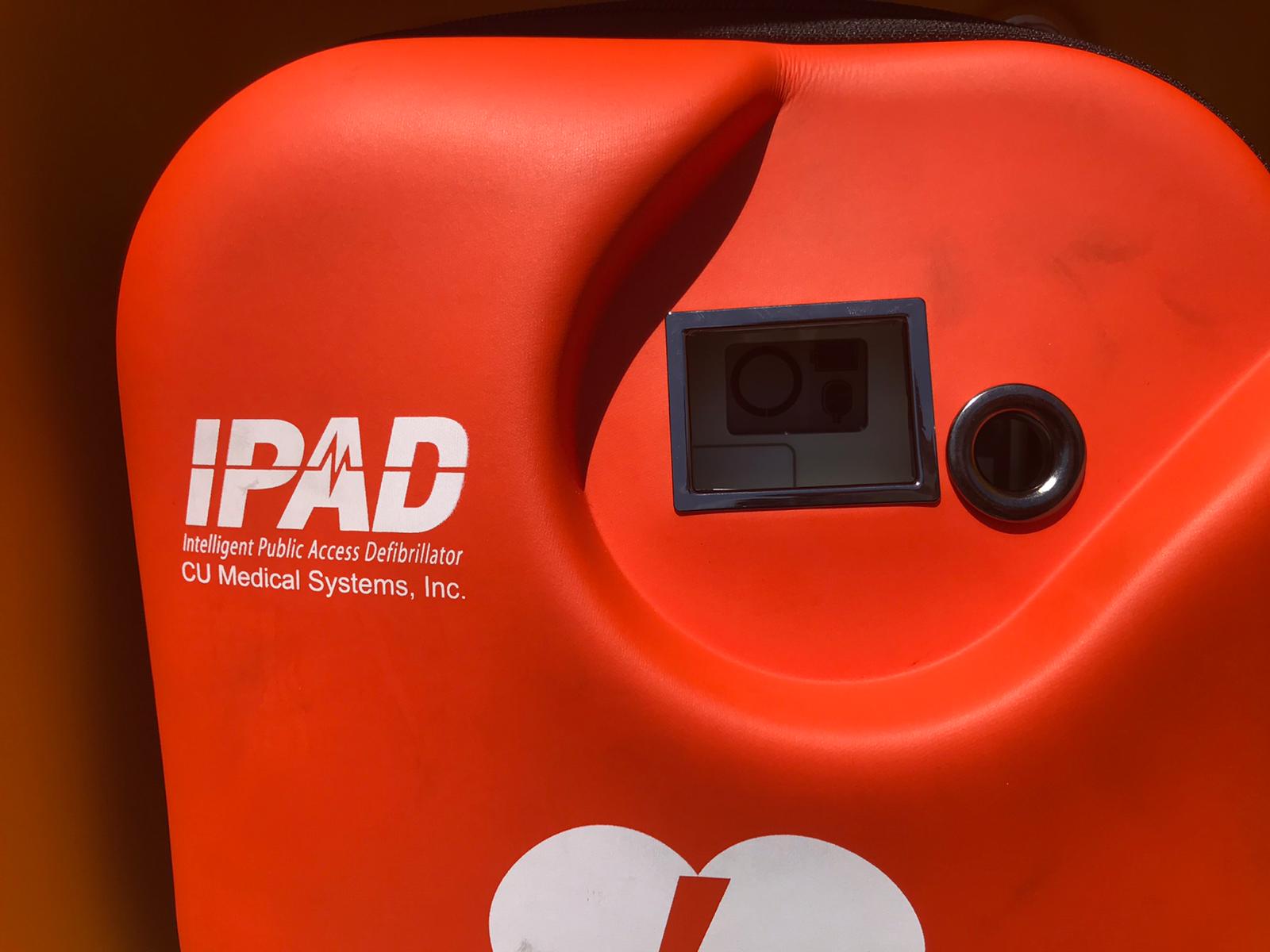
Here are a few reasons why this scheme is important for the population of Tyne & Wear:
– Cardiac arrest is more common than people realise. Over 170 people in cardiac arrest receive a resuscitation attempt each month in the North East region
– Fewer than 10% of cardiac arrest victims survive in the UK (versus 25-30% in some other parts of the world)
– Cardiac arrest can affect anyone of any age at any time
– 80% of most cardiac arrests occur in the home
– Early access to defibrillators saves lives (delays cost lives with a 10% drop in survival for every minute delay in CPR and defibrillator use)
* The above statistics have been proved by Cardioproof
When Cardioproof was first formed over 7-years ago, public access defibrillators were only used 1% of the time in these CPR situations. Since then the organisation is pleased to reveal the latest figures have increased to 4% in the North East, but this is still a very small percentage of cardiac arrests.
Each time a defibrillator is used, it requires to have its battery checked and a new set of pads attached (the pads which are placed on the patient’s chest). The defibrillator itself could be used multiple times.
A ‘…how to use guide’ and instructions can be found alongside each of the 17 defibrillators provided at TWFRS community fire stations.
